Home>Garden Essentials>How Long Does It Take For Pansies To Germinate
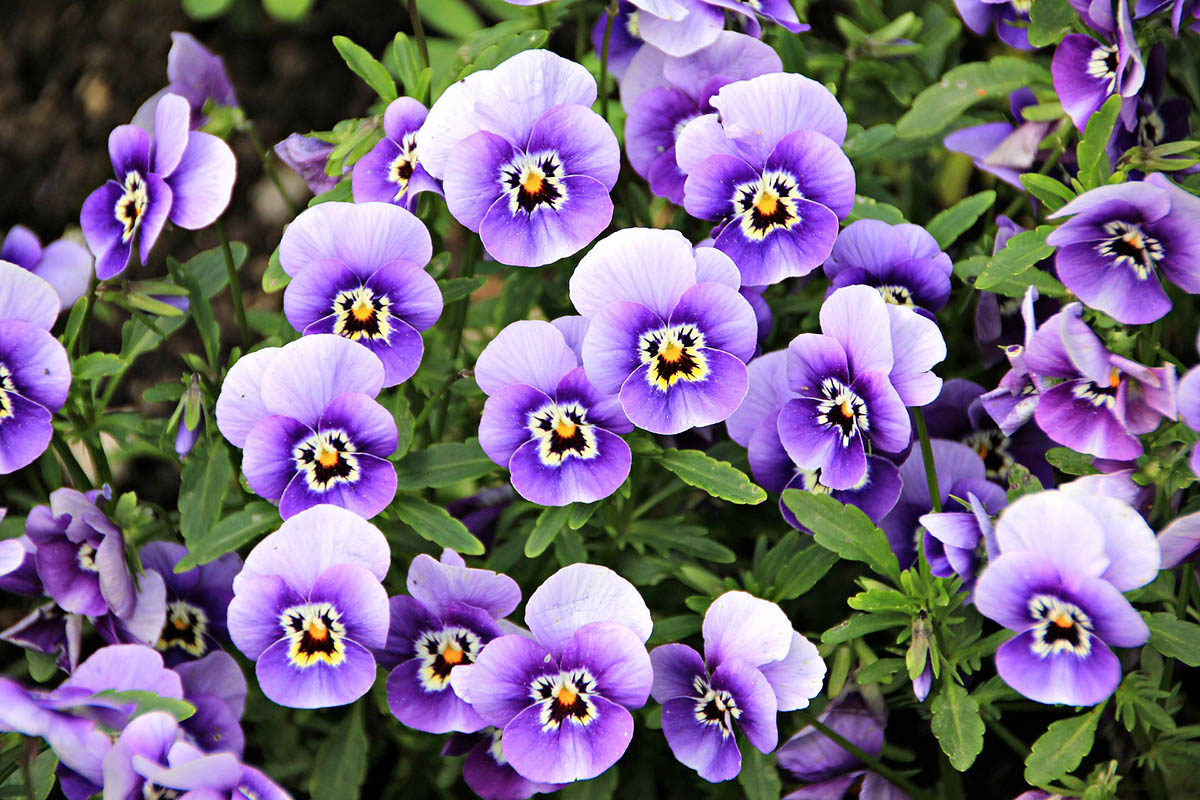

Garden Essentials
How Long Does It Take For Pansies To Germinate
Modified: March 24, 2024
Learn how long it takes for pansies to germinate in your garden. Discover helpful tips for successful germination and cultivation.
(Many of the links in this article redirect to a specific reviewed product. Your purchase of these products through affiliate links helps to generate commission for Storables.com, at no extra cost. Learn more)
Introduction
When it comes to adding beauty and color to your garden, few flowers can compare to pansies. With their charming blooms and delicate petals, pansies are a popular choice among garden enthusiasts. However, if you’re planning to grow pansies from seeds, you might be wondering how long it takes for them to germinate.
The germination time of pansies can vary depending on various factors, including the type of pansy variety, environmental conditions, and proper care. In this article, we will explore the factors that influence the germination time of pansies and provide helpful tips for promoting successful germination. So, let’s dive in!
Key Takeaways:
- Pansies germinate in 5-21 days, influenced by factors like seed quality, temperature, moisture, and light. Providing ideal conditions and following helpful tips can boost germination success.
- Common challenges like poor seed quality, inconsistent moisture, and inadequate temperature can hinder pansy germination. Addressing these challenges promptly can improve success rates.
Factors Affecting Germination Time of Pansies
The germination time of pansies can be influenced by several factors. Understanding these factors can help you better manage your pansy seeds and optimize the germination process. Here are some key factors that affect the germination time of pansies:
- Seed Quality: The quality of the pansy seeds plays a crucial role in germination time. Fresh and high-quality seeds tend to germinate faster compared to old or low-quality seeds. It is always recommended to purchase seeds from reputable sources to ensure better germination success.
- Temperature: Temperature plays a significant role in the germination of pansies. Pansies prefer cool temperatures for germination, typically between 55°F and 70°F (13°C and 21°C). Higher temperatures may inhibit germination or cause the seedlings to grow weak and leggy.
- Moisture: Adequate moisture is essential for pansy seeds to germinate. The soil should be kept consistently moist but not waterlogged. Dry soil can delay or inhibit germination, while overly wet conditions can lead to rot and fungal diseases.
- Light: Pansy seeds do not require light to germinate and may even prefer darkness. It is best to cover the seeds with a thin layer of soil or vermiculite to promote germination. Once the seeds have sprouted, providing them with sufficient light is crucial for healthy growth.
- Aeration: Good airflow is necessary for successful pansy germination. Proper aeration prevents the seeds from rotting and creates an optimal environment for germination. Avoid overcrowding the seeds and ensure proper spacing between them.
- Soil Quality: The quality of the soil is vital for pansy germination. The soil should be well-draining, fertile, and enriched with organic matter. Ensure that the soil pH is slightly acidic, ideally between 6.0 and 7.0, as pansies thrive in this range.
By considering these factors and providing the optimal conditions, you can significantly improve the germination time of your pansy seeds. In the next section, we will discuss the ideal germination conditions for pansies.
Ideal Germination Conditions for Pansies
Creating the right conditions for pansy germination is essential to ensure successful growth and vibrant blooms. Here are some important elements to consider when providing the ideal germination conditions for your pansy seeds:
- Temperature: Pansies thrive in cool temperatures, ideally between 55°F and 70°F (13°C and 21°C). It’s best to start the germination process indoors or in a greenhouse during the early spring when temperatures are still mild. This allows the seeds to establish before transplanting them outdoors once the weather warms up.
- Moisture: Pansy seeds require consistent moisture for germination. Keep the soil moist but not waterlogged. Using a spray bottle or a misting system can help maintain the right level of moisture without causing puddles or waterlogging.
- Light: While pansy seeds do not require light for germination, they need bright light once they sprout. Place the seed trays or pots in a well-lit area, such as near a sunny window or under grow lights. This will ensure strong and healthy seedling growth.
- Soil: Pansies prefer well-draining soil that is rich in organic matter. Use a high-quality potting mix specifically formulated for seed starting. This ensures that the soil retains moisture while allowing excess water to drain away, preventing the seeds from rotting.
- Sowing Depth: Pansy seeds should be sown at a shallow depth, approximately 1/8 to 1/4 inch (3-6 mm) deep. Gently press the seeds into the soil, ensuring good seed-to-soil contact.
Providing these ideal germination conditions will help accelerate the germination time of your pansy seeds and promote healthy growth. However, it’s important to note that different pansy varieties have varying germination times. Let’s explore that in the next section.
Germination Time for Different Pansy Varieties
The germination time for pansies can vary depending on the specific variety or cultivar. While some varieties may germinate quickly, others may take a bit longer to sprout. Here are a few common pansy varieties and their average germination times:
- Standard Pansies: Standard pansy varieties typically have an average germination time of 7 to 14 days. These varieties are widely available and come in a range of colors and patterns, making them a popular choice among gardeners.
- Viola Tricolor: Also known as Johnny Jump-Up, Viola Tricolor is a smaller pansy variety with delicate purple, yellow, and white flowers. It has a shorter germination time of around 5 to 10 days.
- Winter Pansies: Winter pansies are bred to withstand cooler temperatures and can even bloom during the winter months. These varieties generally have slightly longer germination times, ranging from 10 to 21 days.
- Majestic Giants: Majestic Giants are known for their large blooms and vibrant colors. These pansy varieties may have a longer germination time, averaging around 14 to 21 days.
It’s important to refer to the specific germination instructions provided on the seed packet or product label for accurate timing information. Additionally, factors such as temperature, moisture, and seed freshness can also influence the germination time of pansy seeds.
While waiting for your pansy seeds to germinate, it’s essential to provide proper care and follow these helpful tips to promote successful germination.
Pansies typically take 7-14 days to germinate when started from seed. Keep the soil consistently moist and provide plenty of light for best results.
Tips for Promoting Germination of Pansies
To ensure successful germination of pansies, here are some tips to help you optimize the process:
- Pre-soak the seeds: Some gardeners find success by pre-soaking pansy seeds before planting. Place the seeds in a bowl of room temperature water and let them soak for 24 hours. This can help soften the seed coat and promote faster germination.
- Use bottom heat: Pansy seeds germinate best in slightly warm soil. Consider using a seedling heat mat to provide bottom heat, which can help speed up the germination process. Place the seed trays or pots on top of the heat mat for optimal results.
- Provide consistent moisture: Keep the soil consistently moist but not overly saturated. Water gently using a misting bottle or a watering can with a fine spray nozzle. Avoid overwatering, as this can lead to damping off or root rot.
- Thin out seedlings: Once the pansy seedlings have sprouted and developed a few sets of true leaves, thin them out to provide adequate spacing. Overcrowding can lead to competition for resources and hinder healthy growth. Space the seedlings 6 to 8 inches apart in the garden or transplant them into individual pots.
- Transplant carefully: If you started your pansies indoors, ensure a smooth transition when transplanting them outdoors. Harden off the seedlings by gradually exposing them to outdoor conditions over the course of a week. This helps them acclimate to the outdoor environment and reduces the risk of transplant shock.
- Fertilize after germination: Once the pansy seedlings have established, begin feeding them with a balanced liquid fertilizer diluted to half strength. Apply the fertilizer every two weeks to provide the necessary nutrients for healthy growth and continuous blooms.
By following these tips, you can increase the chances of successful germination and ensure robust growth of your pansy plants. However, it’s important to be aware of some common challenges that may arise during the germination process, which we will discuss in the next section.
Read more: How Long Does It Take For Mint To Germinate?
Common Challenges in Pansy Germination
While pansies are relatively easy to grow, there are some common challenges that you may encounter during the germination process. Understanding these challenges can help you address them effectively and increase the success rate of your pansy germination. Here are a few common challenges:
- Poor seed quality: Using low-quality or old seeds can significantly impact germination success. Before planting, make sure to check the seed packet for the expiration date and purchase seeds from reputable sources.
- Inconsistent moisture: Pansy seeds require consistent moisture for germination. Fluctuations in soil moisture levels can hinder or delay germination. It is important to maintain a consistently moist but not waterlogged environment throughout the germination process.
- Inadequate temperature: Pansies prefer cool temperatures for germination. If the temperature exceeds 70°F (21°C), it can inhibit germination or cause the seedlings to grow weak and leggy. Consider using a cooler location or providing shade during hot periods.
- Poor soil quality: The quality of the soil is crucial for pansy germination. Poorly draining soil or soil lacking in nutrients can hinder the development of healthy roots and seedlings. Ensure that your soil is well-draining, fertile, and enriched with organic matter.
- Diseases and pests: Pansy seeds and seedlings are susceptible to fungal diseases such as damping off. To prevent disease, use sterile soil, provide proper air circulation, avoid overwatering, and promptly remove any infected seedlings. Additionally, pests like slugs and snails may feed on the seedlings, so take preventive measures to keep them at bay.
By being aware of these challenges and taking appropriate measures to address them, you can increase the chances of successful pansy germination. Remember to monitor your pansy plants regularly and provide them with the care they need to flourish.
Conclusion
Pansies can bring a burst of color and beauty to any garden, and growing them from seeds is a rewarding and cost-effective way to add these delightful flowers to your landscape. Understanding the factors that affect germination time, providing ideal growing conditions, and implementing helpful tips can significantly increase your chances of successful pansy germination.
Factors such as seed quality, temperature, moisture, light, aeration, and soil quality all play important roles in the germination process. By ensuring quality seeds, providing the right temperature and moisture levels, and selecting well-draining, fertile soil, you can create optimum conditions for pansy germination.
Additionally, implementing tips such as pre-soaking seeds, using bottom heat, maintaining consistent moisture, thinning out seedlings, careful transplanting, and fertilizing after germination can boost germination rates and promote healthy growth.
However, it’s important to be aware of common challenges such as poor seed quality, inconsistent moisture, inadequate temperature, poor soil quality, and potential diseases and pests that can affect pansy germination. Taking preventive measures and addressing these challenges promptly can improve germination success.
By understanding the factors affecting pansy germination, providing ideal growing conditions, and being proactive in addressing challenges, you can enjoy the beauty and charm of pansies in your garden. Get ready to witness vibrant blooms and be rewarded for your efforts in nurturing these lovely flowers from the moment they germinate.
So why wait? Start your pansy germination journey and create a stunning garden filled with these delightful, colorful flowers that will bring joy and beauty throughout the growing season.
Frequently Asked Questions about How Long Does It Take For Pansies To Germinate
Was this page helpful?
At Storables.com, we guarantee accurate and reliable information. Our content, validated by Expert Board Contributors, is crafted following stringent Editorial Policies. We're committed to providing you with well-researched, expert-backed insights for all your informational needs.
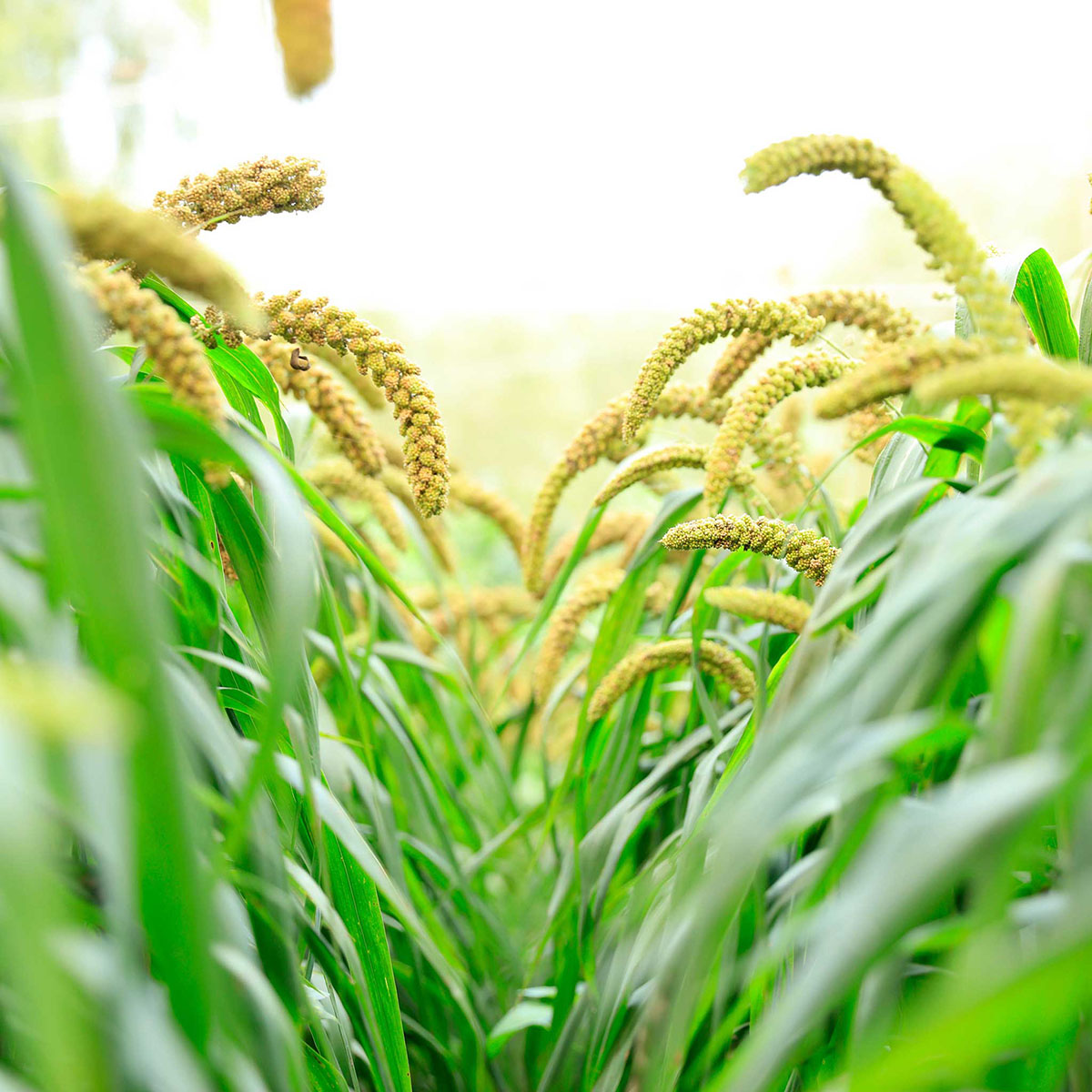
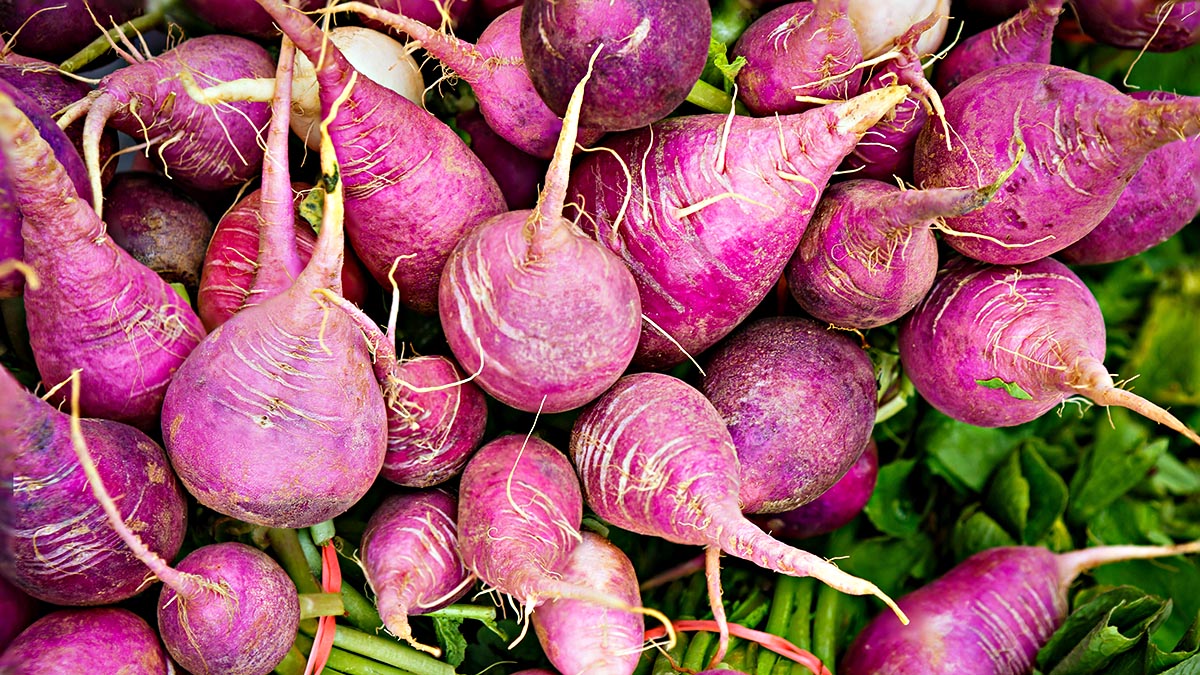
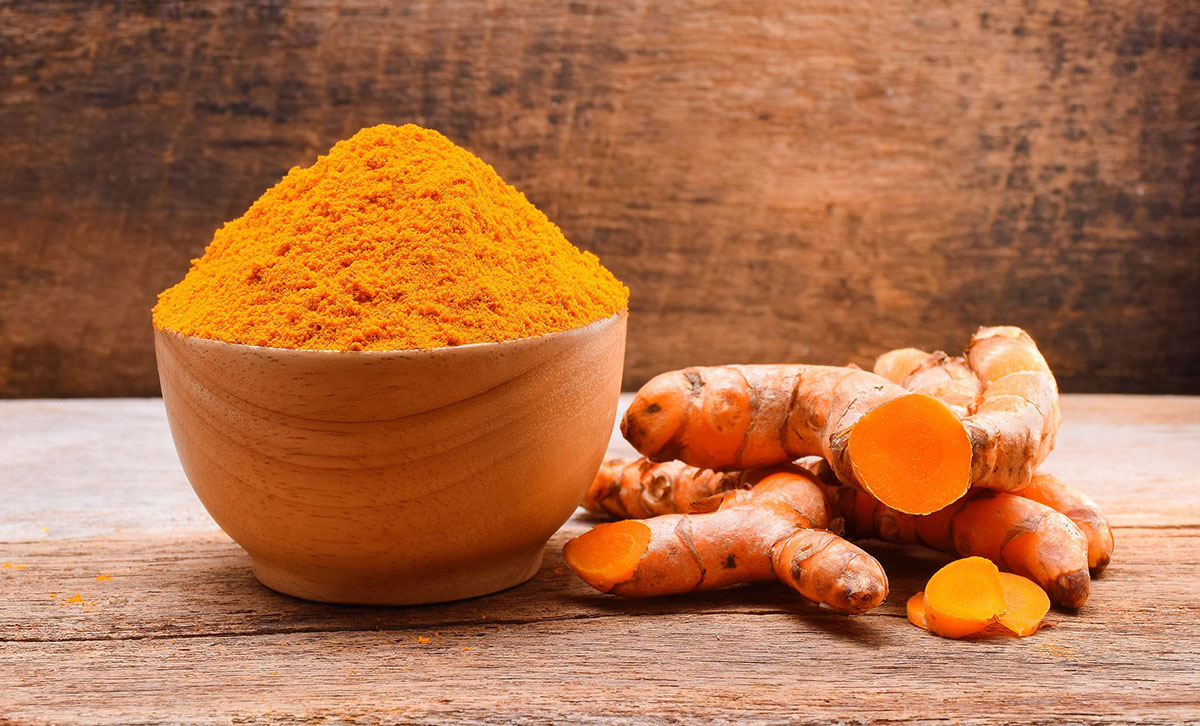
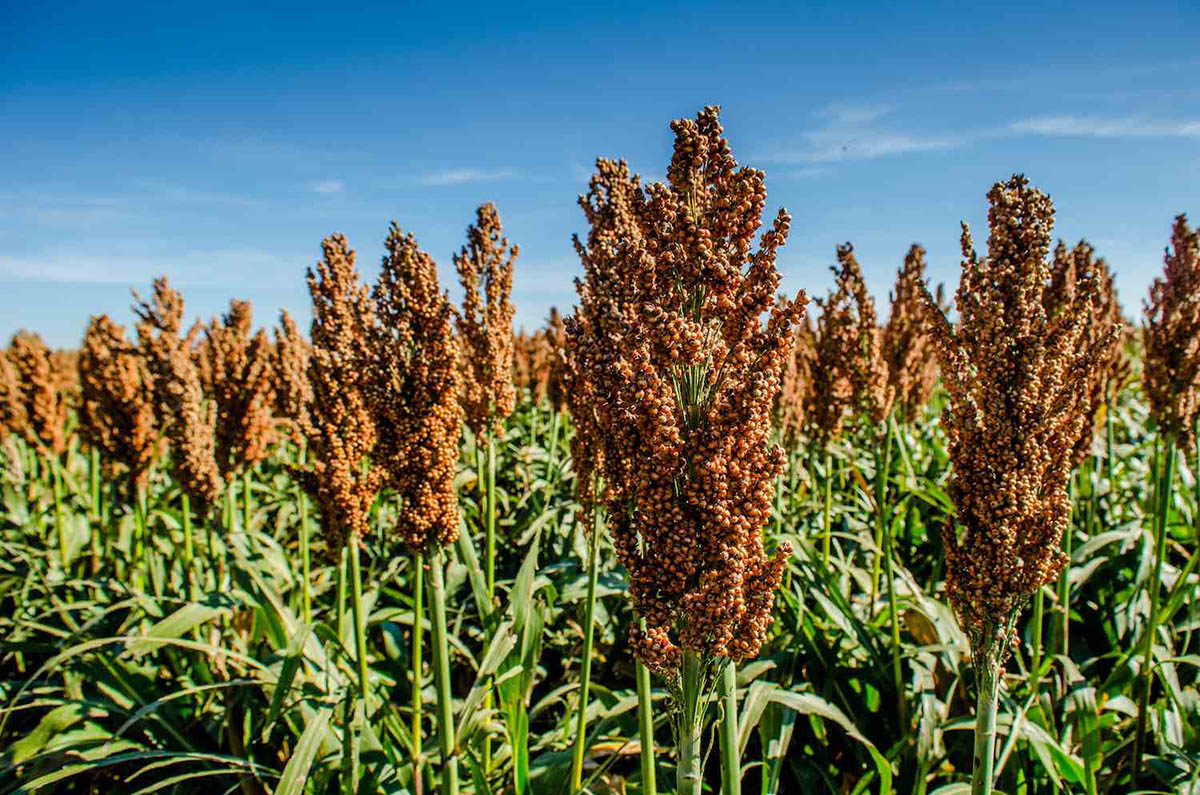
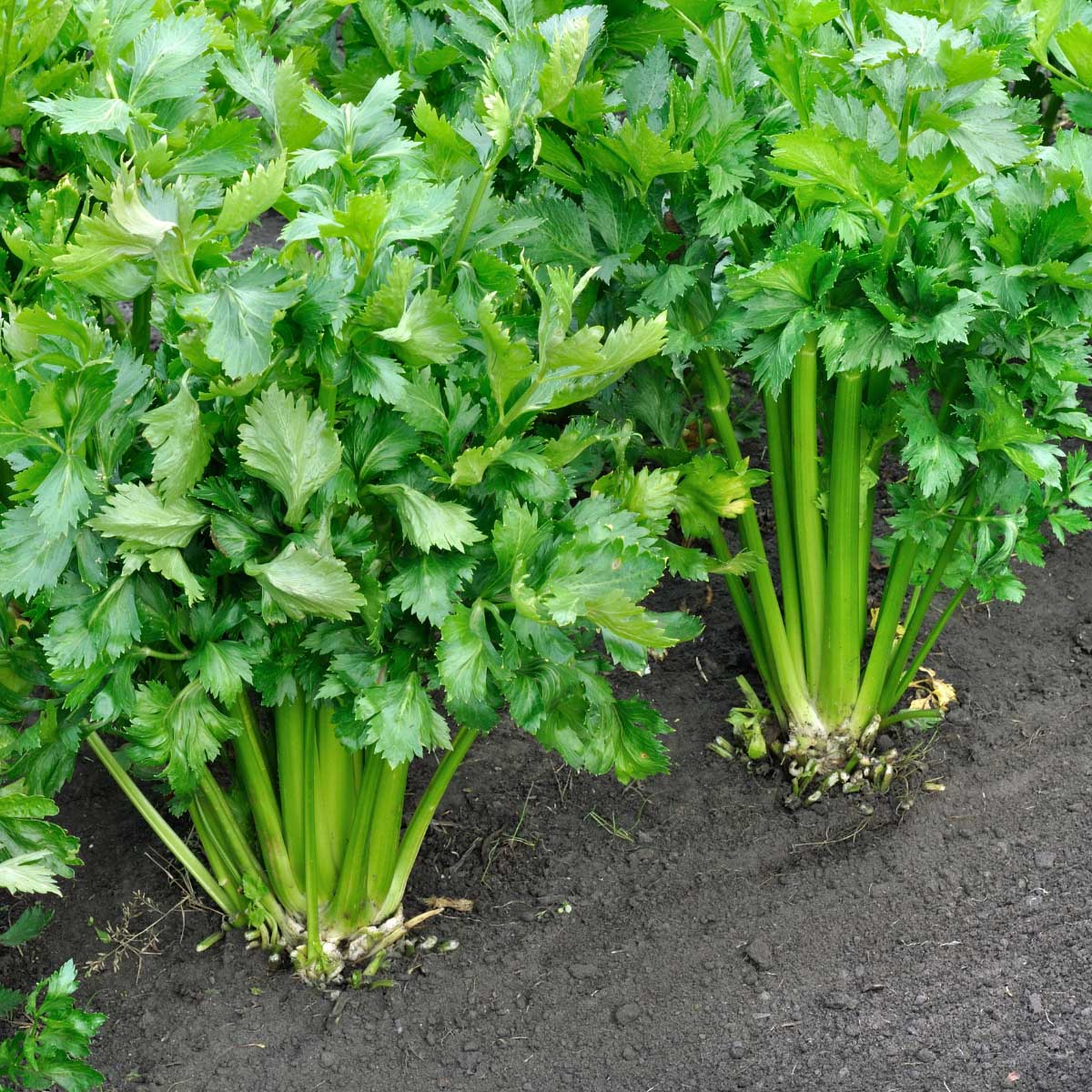
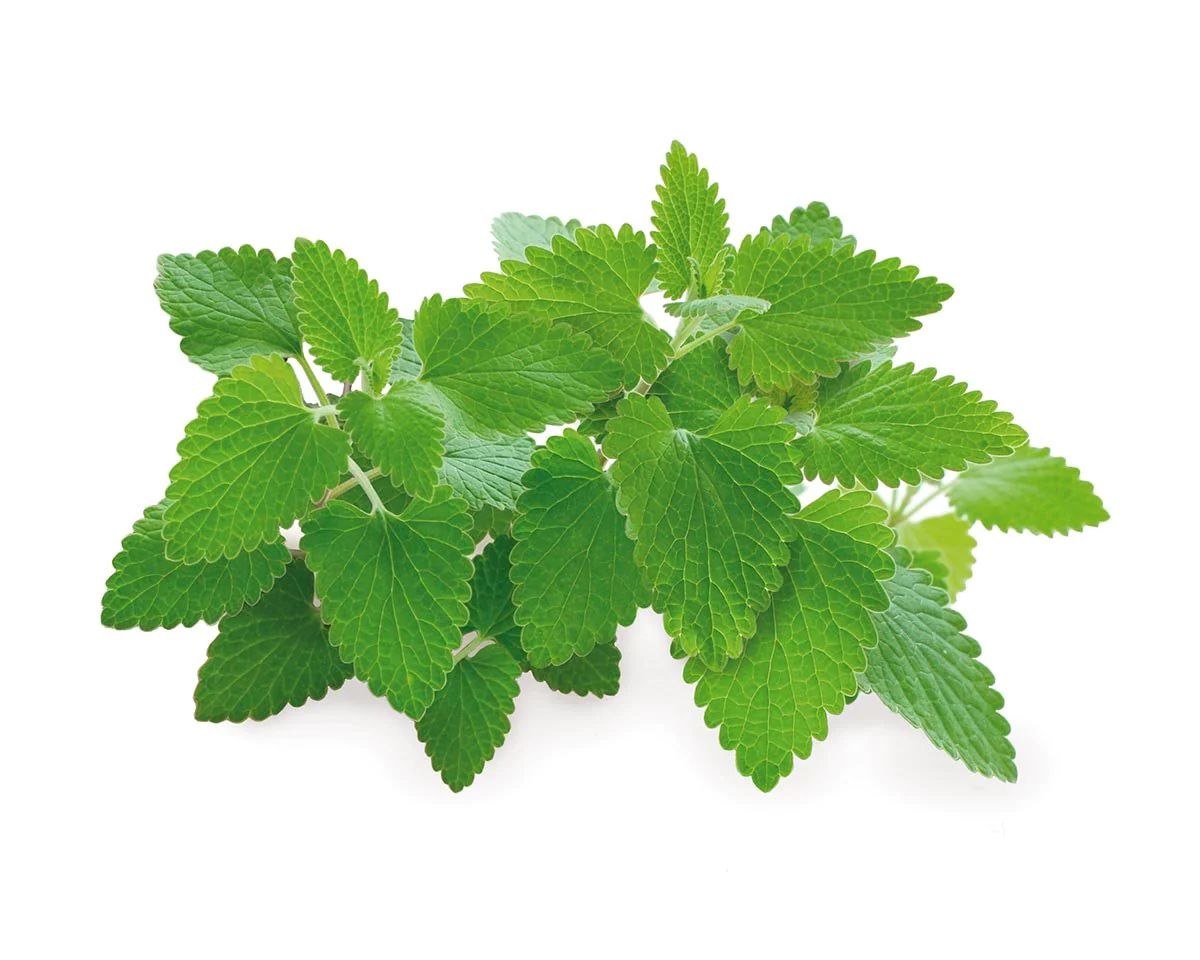
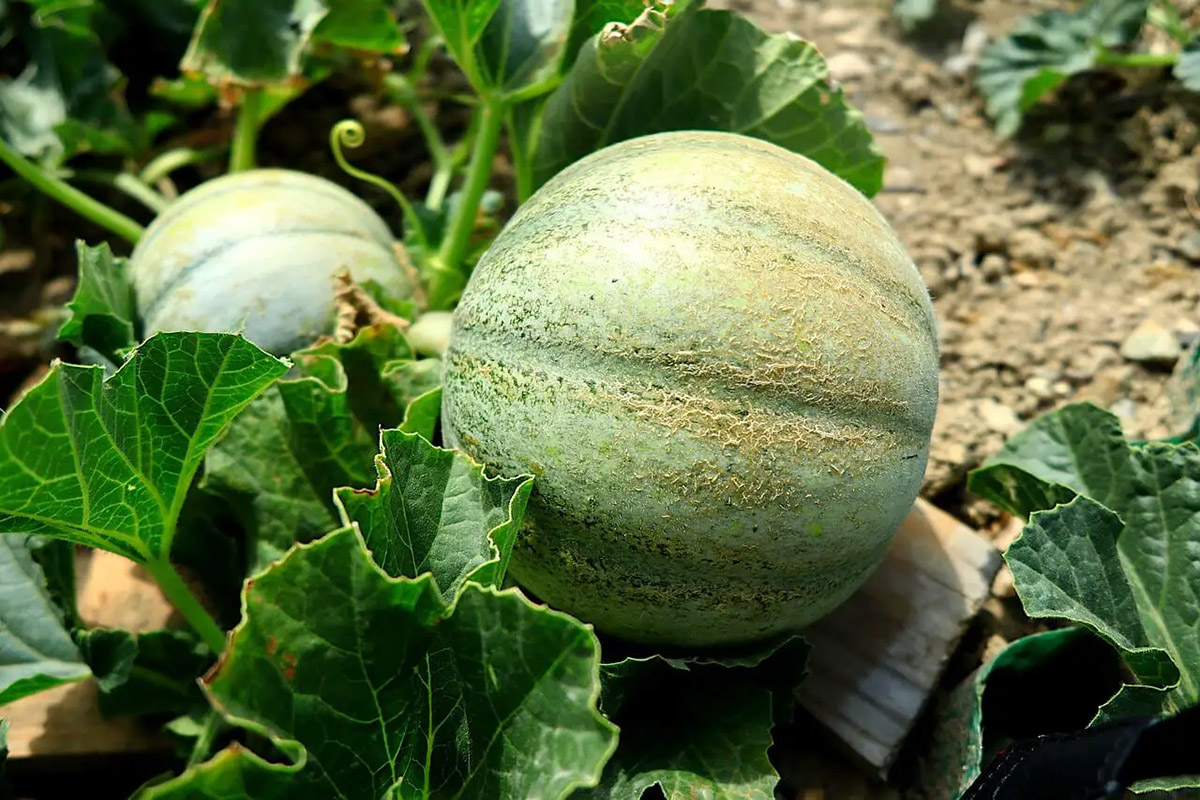
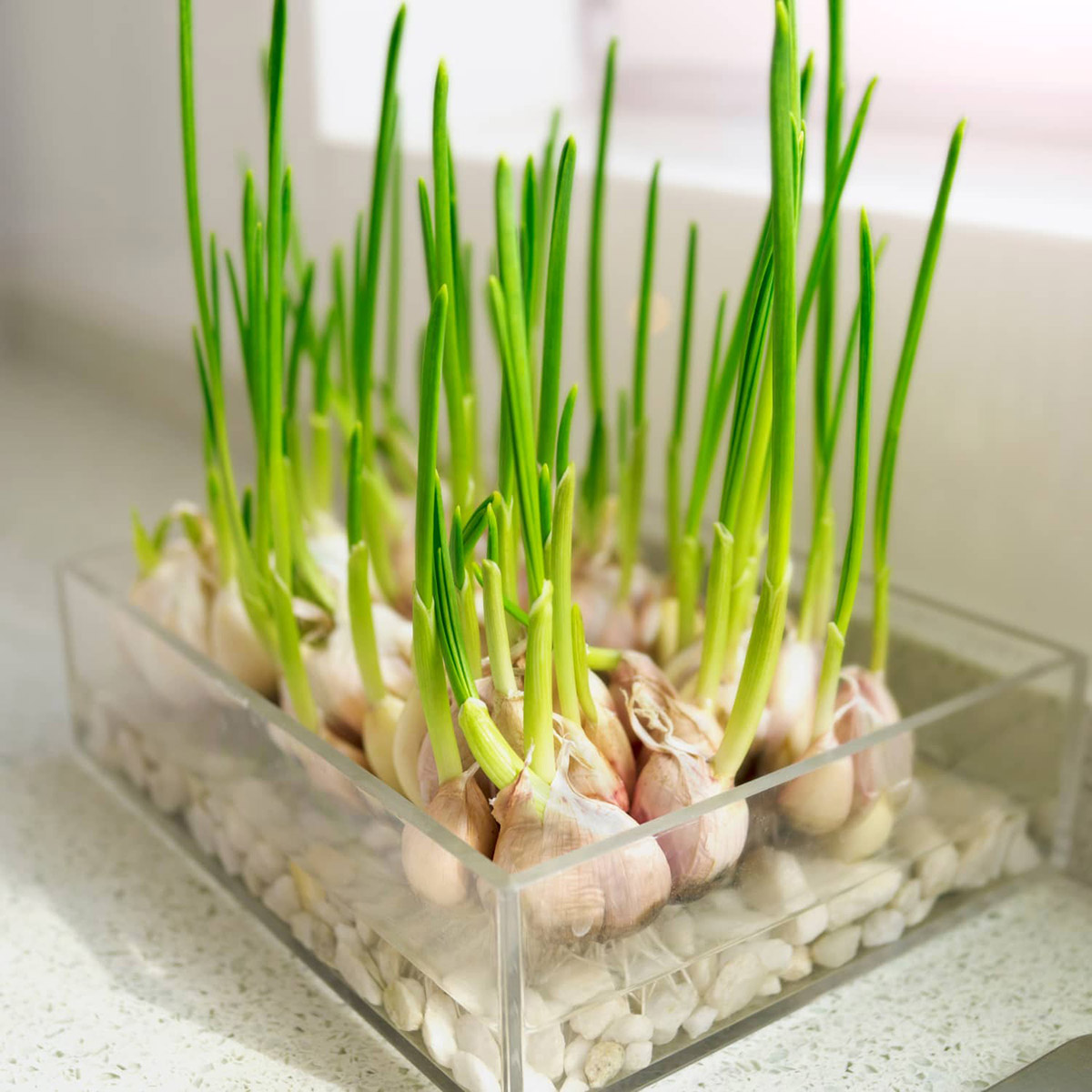
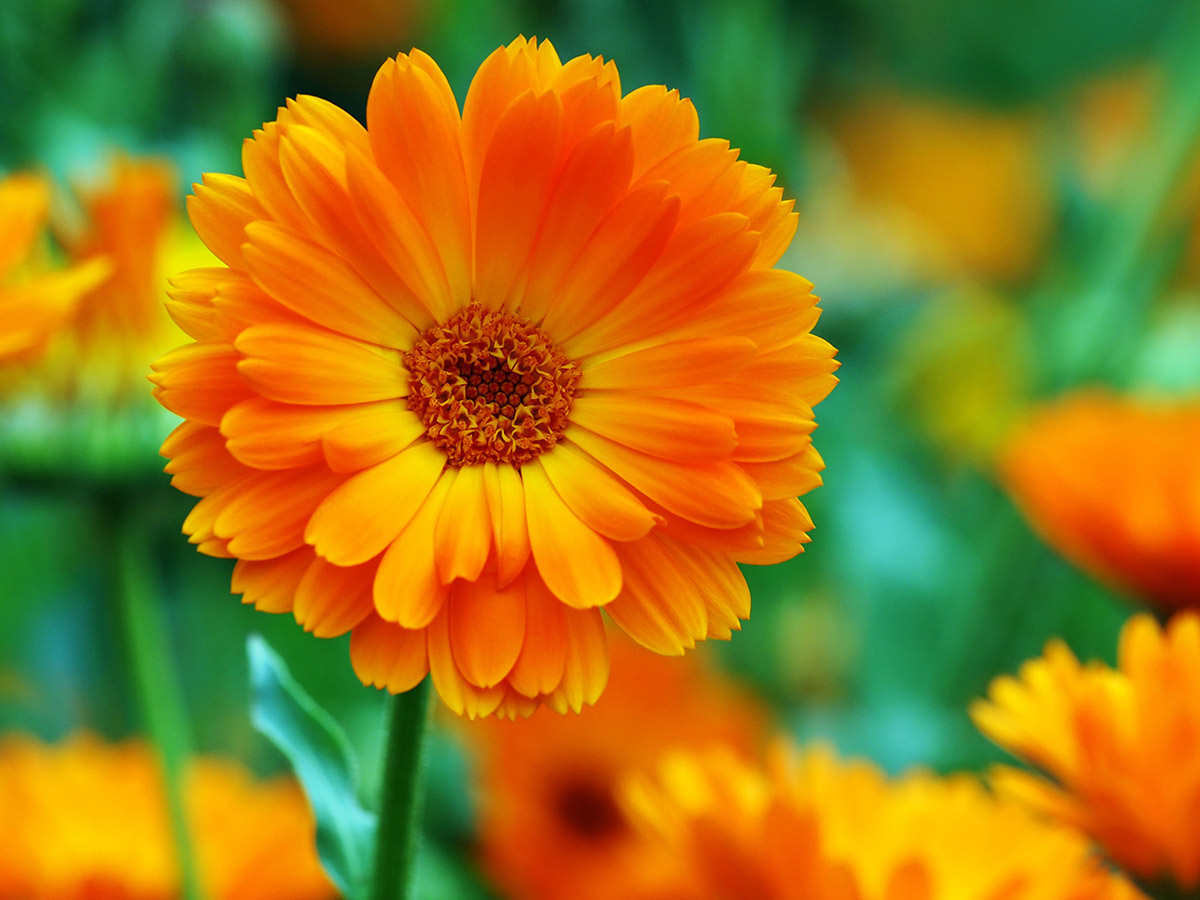
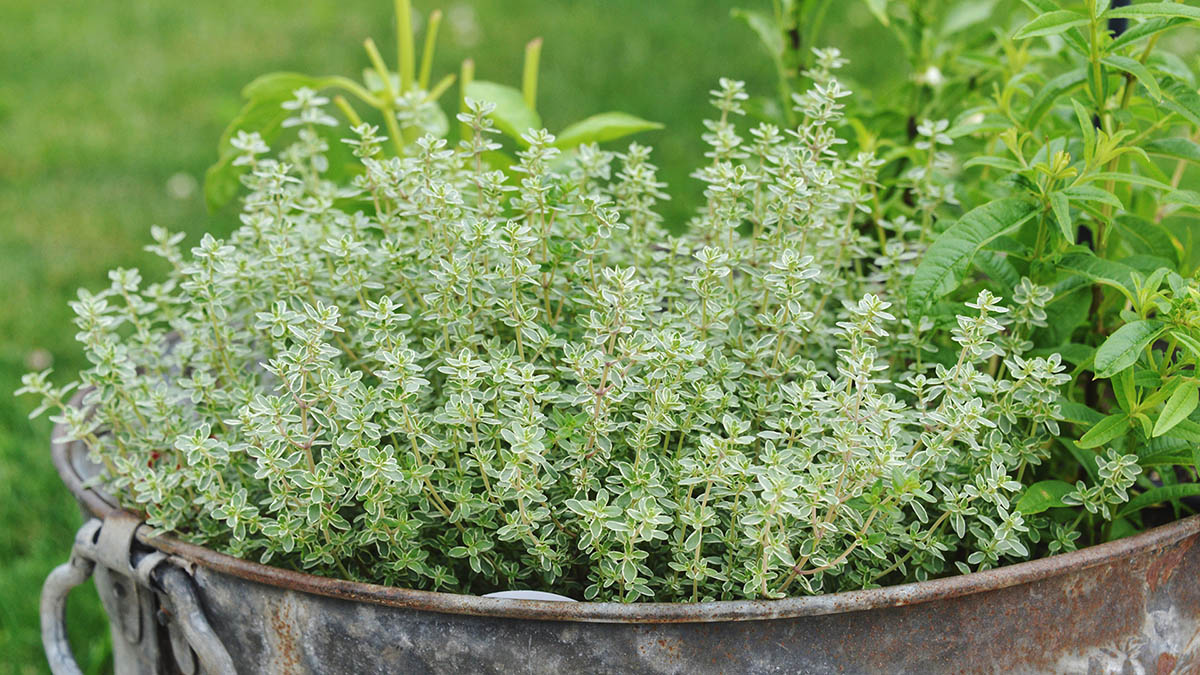
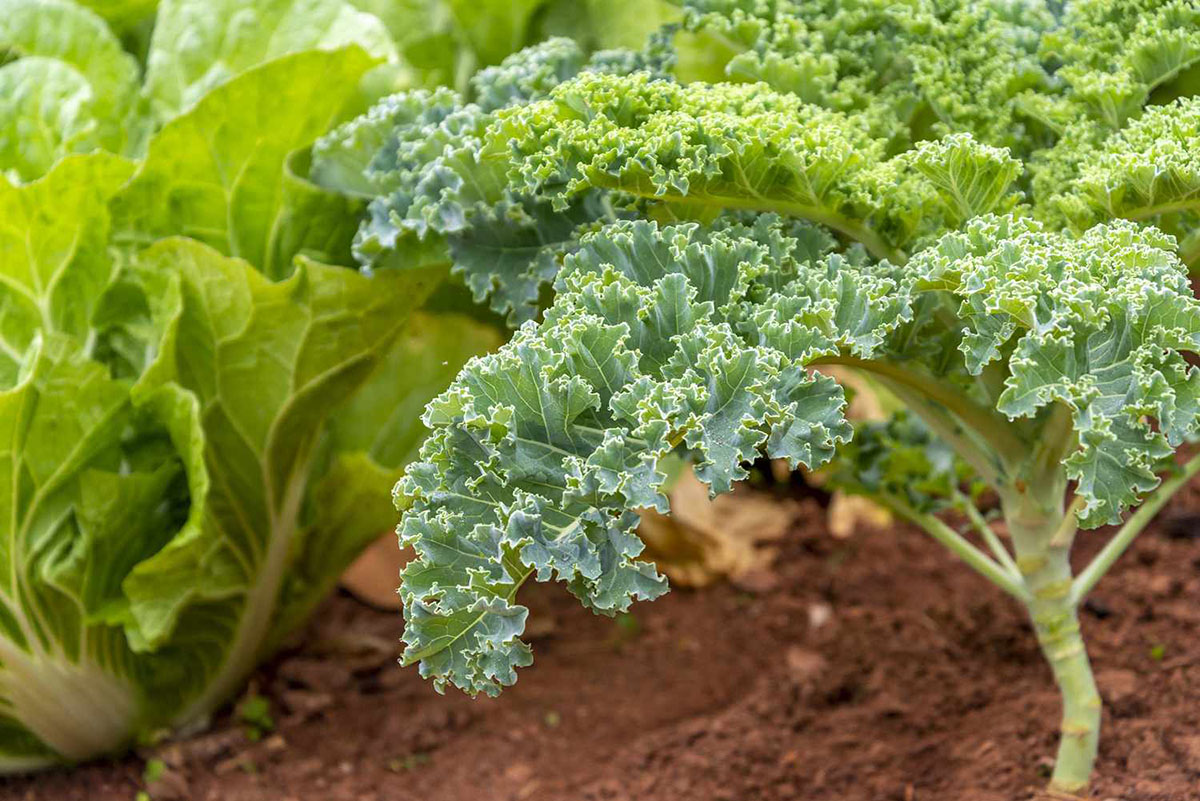
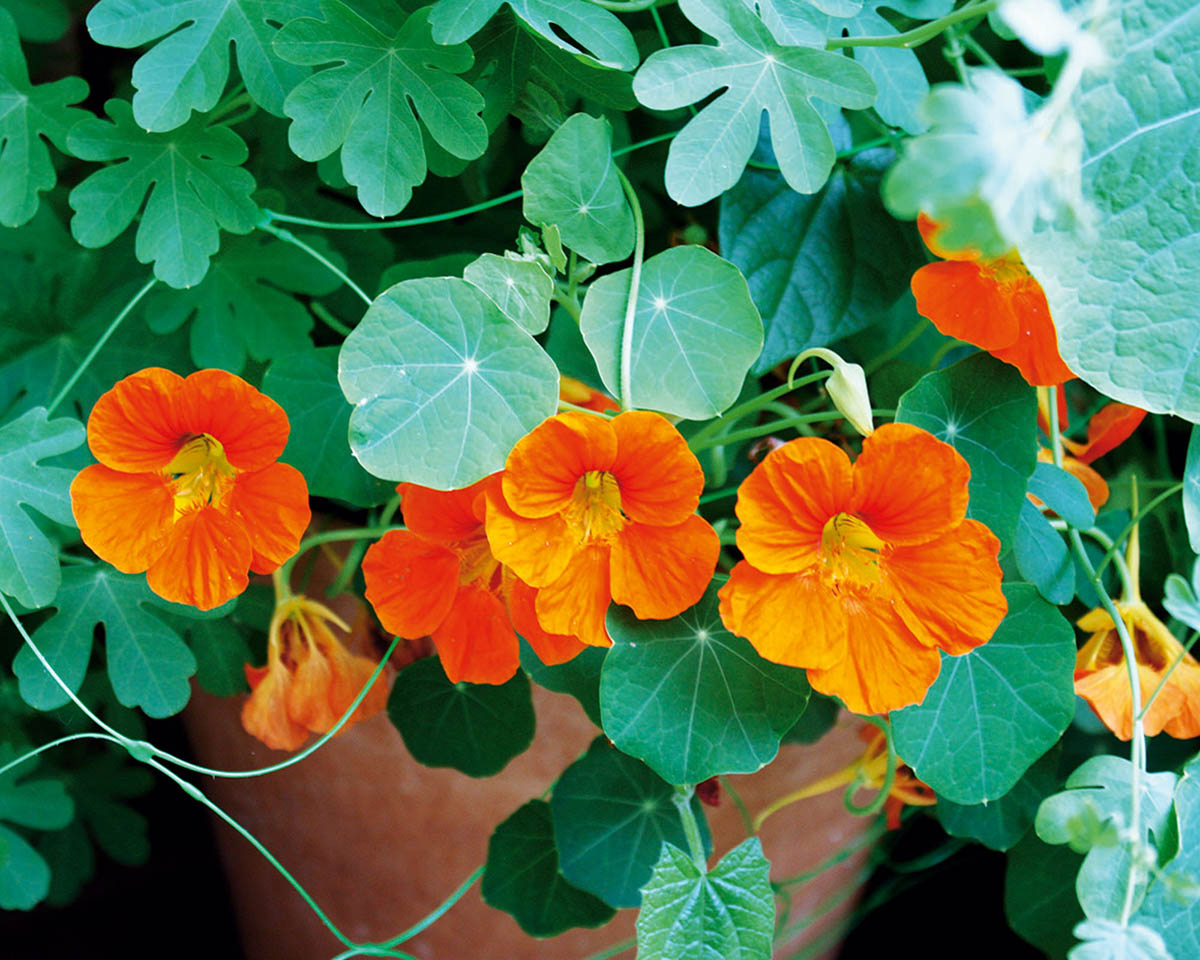
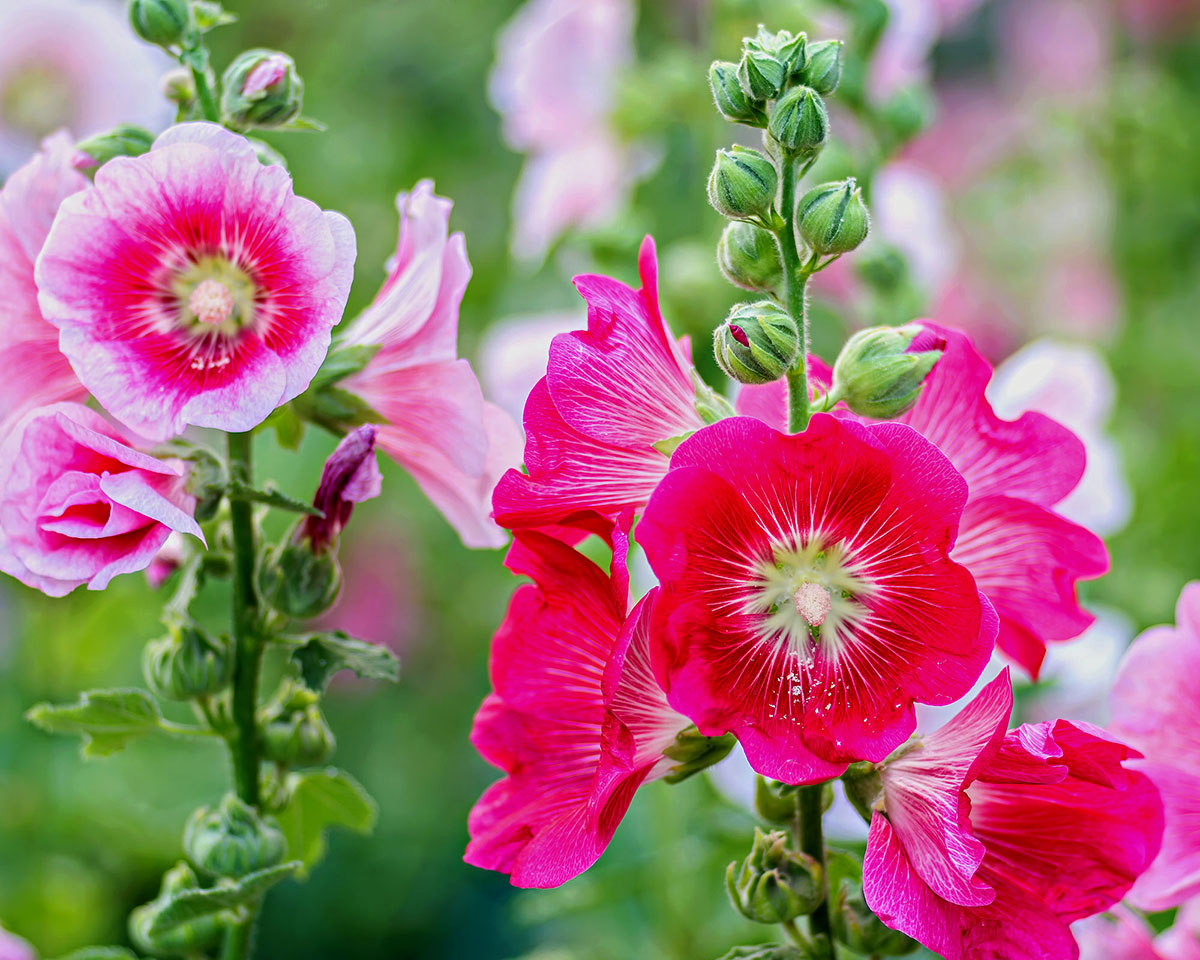
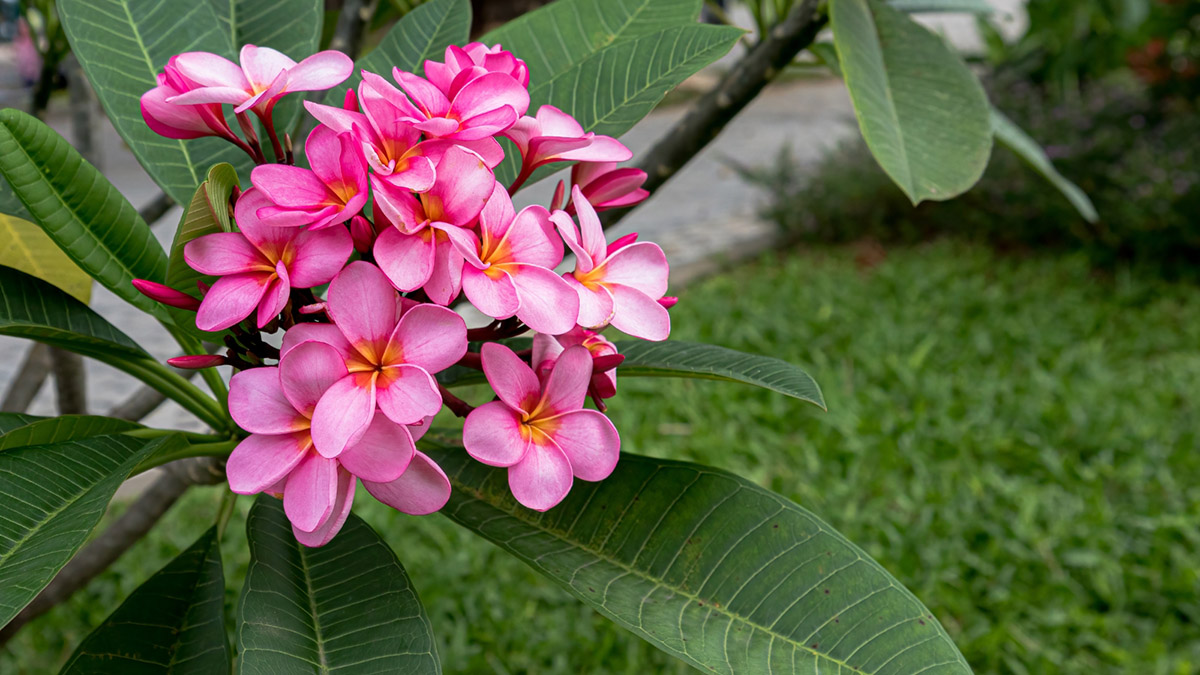

0 thoughts on “How Long Does It Take For Pansies To Germinate”